Does HHC Show Up on Drug Tests? 5 Facts You Need to Know

You’ve been enjoying the smooth, balanced buzz of HHC, just enough to lift your mood without knocking you out. It’s become part of your routine, a reliable sidekick after a long day. Then comes the curveball: surprise drug testing at work.
That HHC disposable vape sitting in your drawer suddenly feels a lot more complicated. Will HHC trigger a positive result? Can labs even detect it? Before you start stressing or tossing your stash, let’s break it all down. Here's what you really need to know about HHC and drug tests, no fluff, no scare tactics, just facts.
Key Takeaways
-
HHC is a hydrogenated form of THC that delivers 70 to 80% of Delta 9’s potency and resists heat, oxidation, and light better than standard cannabinoids.
-
HHC is legal in many states, but legality varies widely and can change quickly; always check your local laws before buying or using it.
-
Drug tests do not detect HHC directly but can mistake its metabolites for THC, especially in urine immunoassays where false positives are common.
-
A 2024 study showed HHC caused false positives in over 10% of tested urine samples; blood and saliva tests also picked up HHC use for several hours.
-
HHC metabolites may stay in your system for 3 to 30+ days depending on dose, frequency, metabolism, body fat, and method of consumption.
-
At-home tests, detox products, or legal status won’t guarantee protection from test failures. Employers often treat all THC-like compounds the same.
-
For lab-tested HHC products and transparent ingredient lists, shop Mellow Fellow’s vapes and gummies designed for safe, consistent experiences.
1. What Is HHC? The Chemistry Behind the Cannabinoid
Hexahydrocannabinol (HHC) is a structurally unique compound with its own properties and effects. While trace amounts of HHC occur naturally in cannabis seeds and pollen, they exist in such small concentrations that nearly all commercial HHC is made through a process called hydrogenation.
Hydrogenation is a chemical reaction that adds hydrogen atoms to Delta 9 THC, converting its double bonds into single bonds. This transformation creates a more stable molecule that resists heat, light, and oxidation better than its original form. As a result, HHC-based products often have longer shelf lives and remain more chemically intact over time.
Research suggests that HHC delivers approximately 70 to 80% of Delta 9 THC’s potency. Although it binds to cannabinoid receptors in a similar way, its altered structure may also result in different metabolic outcomes once consumed (Ujváry, 2023).
This chemical stability is part of what makes HHC so appealing. At Mellow Fellow, we use this knowledge to carefully design formulas like our Euphoria Blend, which combines HHC with other cannabinoids to achieve balanced and predictable effects.
2. Is HHC Legal? Understanding the Complex Regulatory Framework
The legality of HHC in the United States is complicated and constantly evolving. While the 2018 Farm Bill federally legalized hemp and hemp-derived cannabinoids with less than 0.3% Delta 9 THC by dry weight, this doesn’t guarantee that every compound derived from hemp is legal in all states.
**Always check your local laws and regulations, as these may have changed from the time of writing - keep yourself legally protected.*
Federal vs. State Regulation
HHC is typically made by converting CBD into a hydrogenated form of THC. Because of this chemical conversion, the Drug Enforcement Administration (DEA) has indicated that certain synthetically derived cannabinoids may not qualify for federal protection under the Farm Bill, even if they come from legal hemp. This has led to significant confusion and inconsistency at the state level.
States Where HHC Is Legal
As of 2025, HHC is legal in the following states, provided products contain no more than 0.3% Delta 9 THC:
-
Fully Legal: Alabama, California, Connecticut, Florida, Georgia, Indiana, Kansas, Louisiana, Maine, Maryland, Massachusetts, Michigan, Minnesota, Nebraska, New Jersey, New Mexico, North Carolina, Ohio, Pennsylvania, South Carolina, South Dakota, Tennessee, Virginia, West Virginia.
In these states, HHC is generally permitted for purchase and consumption without additional restrictions. Some, like Michigan and Connecticut, may limit sales to licensed retailers or prohibit online sales.
States Where HHC Is Legal With Restrictions
These states permit HHC but apply restrictions such as limiting forms (e.g., banning smokable hemp), requiring sales through licensed retailers, or capping potency:
-
Legal With Restrictions: Alaska, Arizona, California, Connecticut, Hawaii, Missouri, Oklahoma.
Always check for local rules around form, potency, and age limits.
States Where HHC Is Illegal
The following states have banned HHC or defined it as a controlled substance:
-
Illegal: Colorado, Delaware, Idaho, Mississippi, Montana, Nevada, New York, North Dakota, Utah, Washington.
In these states, HHC products cannot be sold, possessed, or consumed legally.
States With Unclear or Gray Legal Status
Some states have yet to issue a clear stance on HHC or are actively considering changes to their cannabinoid laws:
-
Gray Area: Illinois, Iowa, Kentucky, Rhode Island, Texas, Vermont, Wisconsin, Wyoming, New Hampshire.
In these locations, the legality of HHC may depend on how it’s classified—either as a hemp derivative or a synthetic cannabinoid. Pending legislation could change its status quickly, so residents should stay informed through official state updates.
What This Means for You
Because HHC laws vary widely and can change without much warning, always verify your state’s current regulations before purchasing or using HHC products. Even if HHC is legal in your state, drug testing policies may not distinguish between HHC and Delta 9 THC.
Products that are technically legal could still result in employment or legal issues if testing protocols are broad.
For the most consistent experience, stick with reputable brands like Mellow Fellow, which clearly label product contents, provide batch testing data, and offer customer support for compliance questions.
3. How Do Drug Tests Work? The Science of Cannabinoid Detection
Drug tests don’t look for THC or HHC in their original forms. Instead, they detect metabolites, compounds produced when your body processes cannabinoids. This distinction matters because even if the effects have worn off, metabolites can linger in your system much longer.
The most common test is a urine immunoassay, which screens for THC-COOH (11-nor-9-carboxy-THC), the primary metabolite of Delta 9 THC. According to current research, THC-COOH can be detected in urine for:
-
About 3 days after a single use
-
5 to 7 days for moderate use (around four times per week)
-
10 to 15 days with daily use
-
More than 30 days in cases of heavy long-term use
Immunoassays rely on antibodies that bind to specific molecular structures. While designed to target THC-COOH, these antibodies may also react to similar compounds through cross-reactivity. This is where HHC becomes a concern.
Even though HHC is chemically different, it may still produce metabolites that are similar enough to trigger a false positive.
Other testing methods have different detection timelines:
-
Saliva Tests: Detect use within up to eight days for heavy users
-
Blood Tests: Detect active cannabinoids for up to 4 hours, metabolites for up to 2 days
-
Hair Follicle Tests: Can show evidence of use up to 90 days later
Each testing method has its strengths and limitations, but all rely on identifying traces of cannabinoid use after the fact, not proving impairment in the moment. Understanding how these tests work helps explain why users may still test positive long after the effects of HHC or THC have worn off.
4. Does HHC Show Up on Drug Tests? Separating Fact from Fiction
The short answer is yes. Despite marketing claims that HHC “won’t show up,” current scientific research strongly suggests that it can and often does trigger a positive result on standard drug tests.
Urine immunoassays, the most common testing method used by employers, don’t detect cannabinoids directly. Instead, they target THC-COOH, a metabolite of Delta 9 THC. The problem is that HHC and its metabolites, such as HHC-COOH, can closely resemble this compound at the molecular level. That structural similarity leads to cross-reactivity, where the test incorrectly identifies HHC use as THC use.
A 2024 study published in Scandinavian Journal of Clinical and Laboratory Investigation analyzed this issue in detail. After HHC emerged in Sweden in 2022, the frequency of false positives on THC drug screens jumped from under 2% to over 10% in less than a year.
Researchers confirmed that multiple HHC variants, including HHC-COOH, HHCo, HHCh, HHCp, and even THCp, produced false positives during spiking experiments. Some urine samples showed HHC-COOH levels as high as 205 µg/L (mean 60, median 27 µg/L), well above most THC detection thresholds.
A separate 2025 study in Forensic Science International tested real users and found that on-site urine tests like DrugScreen® (cut-off 25 ng/mL THC-COOH) returned positive results for up to 10 hours after both inhalation and ingestion of HHC. Even blood-based CEDIA™ immunoassays detected cannabinoid activity up to 6.16 hours after oral consumption and 4.16 hours after vaping.
These findings show that standard drug tests are not sophisticated enough to tell the difference between HHC and THC. Most do not use gas chromatography or mass spectrometry unless a test is contested or needs legal confirmation. That means even casual HHC use can result in failed employment screenings, probation violations, or medical disqualifications.
We label all of our HHC vapes and disposables with drug testing warnings because transparency matters. Products like Delta 8 and THCp face the same cross-reactivity risk. If you're subject to any type of drug screening, your best option is to avoid THC-like cannabinoids entirely.
Related Products
5. How Long Does HHC Stay in Your System? Factors That Affect Detection
Before we look at rough timelines, it's important to consider the variables that affect how long HHC remains detectable. Below are the key factors that determine your personal detection window.
Frequency of Use
Occasional users may clear HHC metabolites within 3 to 7 days, while daily users can test positive for 30 days or more. Cannabinoids accumulate in fat cells and are released gradually over time.
Dose and Potency
Stronger products and higher doses leave behind more metabolites. A few hits from a mild vape may clear relatively quickly, but concentrated HHC edibles take longer to process and eliminate.
Metabolic Rate
Your metabolism affects how efficiently your body clears cannabinoids. Younger, more active individuals often eliminate metabolites faster than older or sedentary users.
Body Composition
HHC metabolites are stored in fat. Individuals with higher body fat percentages may retain those metabolites longer, leading to prolonged detection.
Hydration and Urine pH
Proper hydration can reduce metabolite concentration slightly, but it won’t erase them entirely. Urine pH also plays a role in how efficiently your body expels these compounds.
Consumption Method
Inhaled HHC clears the body faster than ingested forms. Edibles and tinctures take longer to digest and produce longer-lasting metabolites.
Find the strongest HHC vapes right here!
Additional Considerations to Know

Many consumers turn to HHC and similar cannabinoids under the belief that these products offer THC-like effects without the risk of failing a drug test. That assumption has led to thousands of failed screens and serious personal consequences. Beyond the scientific details, there are several broader issues that users should be aware of.
Lack of Regulation and Testing Standards
Unlike FDA-regulated pharmaceuticals, HHC products are not subject to federal oversight. This opens the door to mislabeled ingredients and inconsistent manufacturing. Several lab tests have shown that some products sold as "pure HHC" actually contain detectable amounts of Delta-9 THC, which alone is enough to trigger a positive drug test result.
Legal Risks After a Failed Test
Even in states where HHC is considered legal, drug testing policies often override local laws. Failing a test can lead to job loss, suspension of professional licenses, probation violations, or complications in legal matters such as child custody. Employers and institutions rarely differentiate between federally legal and unregulated cannabinoids.
The Confirmation Testing Misconception
Some users assume that failing the initial immunoassay will be corrected by GC-MS confirmation testing, which can detect specific compounds. In reality, many employers do not proceed to confirmation testing, or if they do, any presence of THC-like metabolites is often treated as a failed result regardless of origin. Relying on confirmation testing is a risky bet.
Product Quality and Contaminants
Rapid growth in the alternative cannabinoid market has led to inconsistent product quality. Some HHC products contain residual solvents, unknown byproducts, or unlisted cannabinoids that can affect both health and drug testing outcomes.
Without uniform safety standards, it falls on the consumer to verify product safety and composition.
At Mellow Fellow, we prioritize transparency. Every batch of HHC is tested for purity, potency, and cannabinoid content. While we cannot promise a clean drug test result, we guarantee you're getting what’s advertised, no hidden THC, no shortcuts.
Making Informed Decisions: Alternatives and Harm Reduction
If you're subject to drug testing but still want to experience cannabinoids, you have limited options. CBD isolate products (containing zero THC) typically won't trigger positive drug tests, though even these carry some risk if contaminated or mislabeled. Verify COAs (Certificates of Analysis) and choose reputable brands.
For those who can't risk any cannabinoid use, consider exploring other wellness options:
-
Meditation and breathwork for stress relief
-
Exercise for natural endorphin release
-
CBD products verified to contain 0.0% THC
-
Herbal alternatives like kava, valerian, or passionflower
Remember, no job or legal situation is worth risking your future. If you must use HHC or other cannabinoids while subject to drug testing, consider:
-
Purchasing at-home drug tests to monitor your status
-
Being honest with healthcare providers about your use
-
Understanding your rights regarding drug testing in your jurisdiction
-
Having a backup plan if you test positive
Mellow Fellow’s HHC Product Spotlight
If HHC is your go-to, these Mellow Fellow products serve up serious flavor and feel-good effects.
The Strawberry Cough 1ml Vape Cart offers a smooth sativa high with a sweet berry twist that keeps you upbeat and alert. It’s perfect for social settings or sparking creativity.
The Sour Diesel 2ml Disposable leans into its classic gas-forward flavor, delivering fast-acting cerebral energy with a dreamy haze, making it ideal for powering through your day or zoning out to a playlist.
For edible fans, the Euphoria Blend Watermelon Gummies pack 50mg each of mood-boosting bliss. They combine HHC with Delta 9, H4CBD, CBD, and CBG for a rounded, euphoric experience that’s equal parts chill and cheerful. Expect good vibes, juicy flavor, and a clean label with lab-tested ingredients.
The Bottom Line? Knowledge is Power
The question "Does HHC show up on drug tests?" has a clear answer: yes, it very likely will. Despite marketing claims and wishful thinking, the science shows that HHC metabolites cross-react with standard THC drug tests. This reality might be disappointing for those hoping HHC offered a loophole, but accurate information allows you to make informed decisions.
If you're not subject to drug testing and live in a state where HHC is legal, you can check out our full range of mood-based blends designed to enhance your daily experiences. From the focused energy of our Motivation blend to the peaceful vibes of Tranquility, we offer carefully crafted experiences for every mood.
For those facing drug tests, we recommend complete abstinence from all THC-like cannabinoids, including HHC. Your career, freedom, and future are too important to risk on unproven claims about beating drug tests.
Stay informed, stay safe, and make choices that align with your life circumstances. Knowledge truly is power when it comes to cannabinoids and drug testing.
Ready to learn more about cannabinoids and their effects? Check out our educational blog for science-based information you can trust.
Frequently Asked Questions
Can I Use Synthetic Urine or Detox Drinks to Pass a Drug Test After Using HHHC?
We strongly advise against attempting to cheat drug tests. Modern testing facilities use various methods to detect adulteration or substitution, including temperature checks, specific gravity analysis, and creatinine levels. Getting caught attempting to cheat often results in worse consequences than failing. In many jurisdictions, attempting to defraud a drug test is a criminal offense. The only reliable way to pass is to abstain from use for an appropriate period.
Do Different Forms of HHC (Vapes vs. Edibles) Show Up Differently on Drug Tests?
While the consumption method affects how quickly HHC enters and leaves your system, all forms will produce similar metabolites that can trigger positive drug tests. HHC vapes may clear slightly faster than edibles due to differences in metabolism, but both carry major risk for drug test detection. The type of product doesn't change the fundamental issue of cross-reactivity with THC tests.
If HHC Is Legal in My State, Can I Fight a Positive Drug Test Result?
Legal status and drug testing policies are separate issues. Most employers, courts, and other testing entities have zero-tolerance policies for any THC-like substances, regardless of legal status. While you might have grounds to request confirmation testing or dispute results in some situations, success is rare. Review specific policies before use and understand that "legal" doesn't mean "protected" in employment or legal contexts.
How Accurate Are At-Home Drug Tests for Detecting HHHC?
At-home drug tests vary widely in sensitivity and accuracy. While they can provide a general indication, they may not perfectly mirror laboratory tests. Some at-home tests might miss HHC metabolites that professional tests would catch, giving false confidence. If you test negative at home but have used HHC recently, don't assume you're safe for an official test. Variables like hydration, time of day, and test sensitivity all affect results.
Is There Any Way to Speed up the Elimination of HHC From My System?
Despite numerous detox products and methods claiming to accelerate cannabinoid elimination, scientific evidence doesn't support most of these claims. The most effective approaches are time, hydration, exercise, and a healthy diet. Since cannabinoids store in fat cells, losing weight might theoretically help, but crash dieting before a test can actually increase metabolite levels as fat cells release their stored compounds. The safest approach remains abstaining for at least 30 days before any scheduled test.
Sources
1 comment
Explore Other Articles
View allExplore more
- 11 hydroxy thc
- Blends
- blunt
- burn blend
- cannabinoids
- cartridge
- CBD
- cbg
- CBN
- Charged Blend
- Clarity Blend
- Concentrates
- Connection Blend
- Creativity Blend
- Dabs
- delta
- delta 10
- delta 11
- delta 8
- Delta 8 thc
- delta 9
- delta 9 thc
- Delta-10-THC
- Delta-11-THC
- delta-8
- Delta-8-THC
- Delta-9-THC
- delta9
- Desire Blend
- destination series
- Diamonds
- disposable
- disposable vape
- Dream Blend
- dry january
- edibles
- elevate blend
- entourage
- entourage effect
- entourage effects
- Euphoria Blend
- focus
- gummies
- H4CBD
- halloween
- hemp
- hemp-derived
- HHC
- HHCp
- HTE
- Indica
- Introvert Blend
- lean
- legal
- Live Resin
- Live Resin cartridges
- m-fusions
- mechoulam
- momentum blend
- Motivation Blend
- preroll
- productivity
- raphael mechoulam
- Recover Blend
- Relief
- sleep
- strain review
- terp sauce
- Terpenes
- Thanksgiving
- thc
- THC Drink
- thc lean
- thc-p
- THCa
- THCb
- THCh
- THCm
- thcp
- THCp edibles
- THCv
- the elevate blend
- The Energy Blend
- The Happy Blend
- The Illuminate blend
- the momentum blend
- The Rest Blend
- Tranquility Blend
- vape
- vape cartridge
- Vapes
- wax
- wellness
- zkittlez


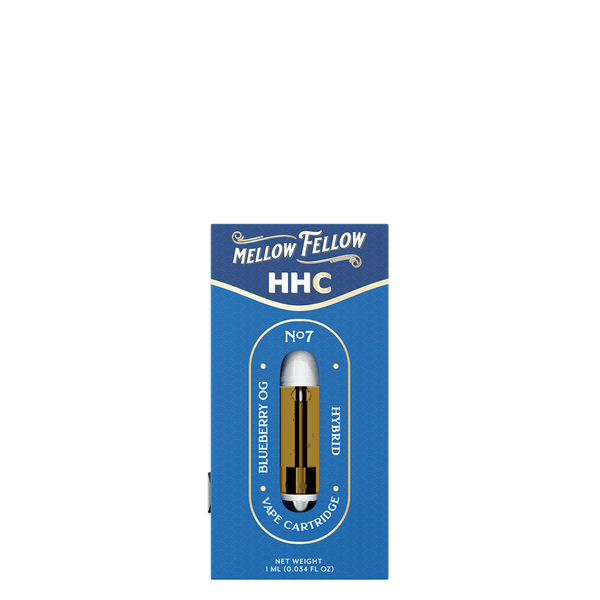
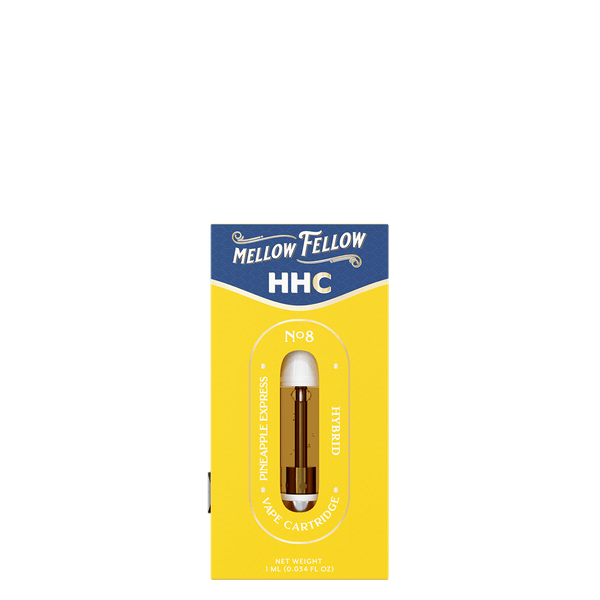
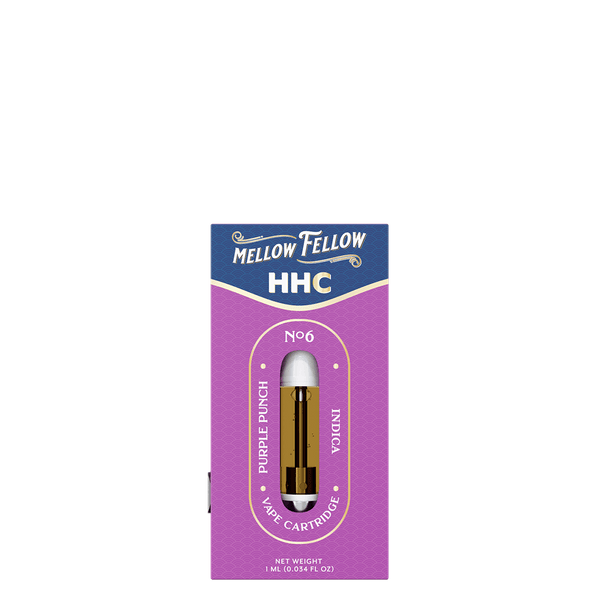
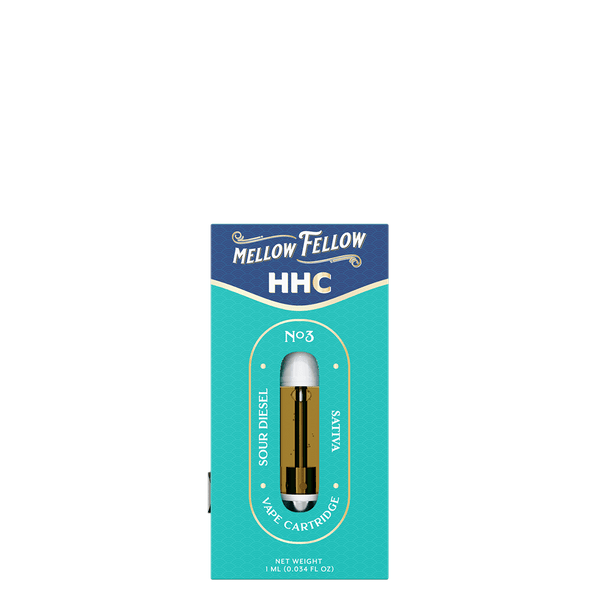
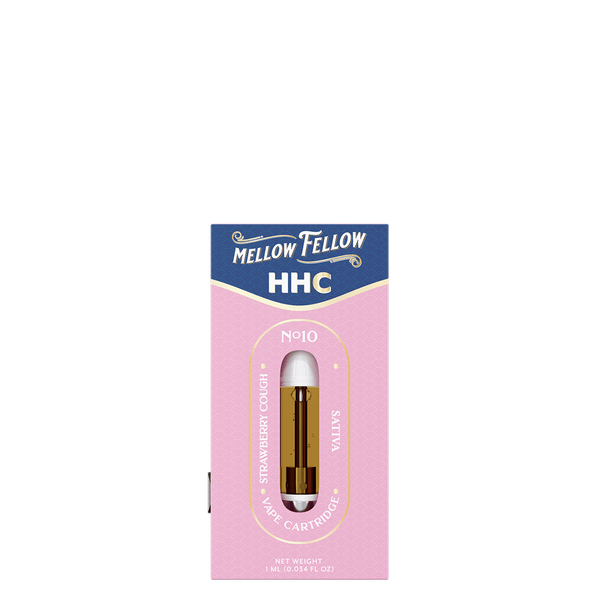
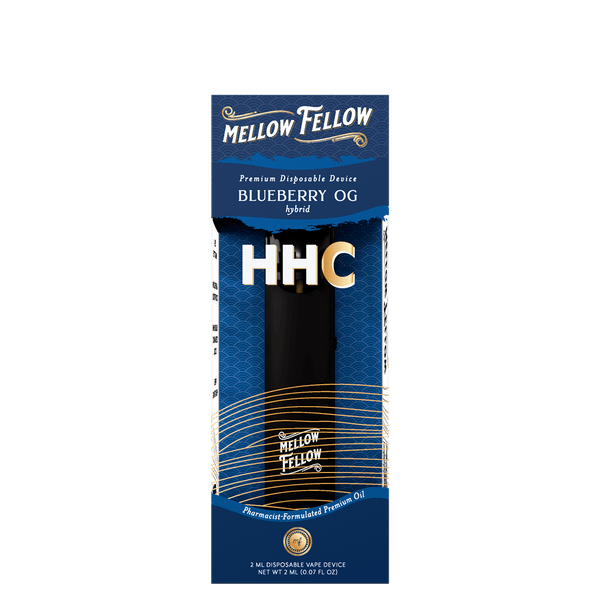










I processed an order and it came back as the billing address was wrong but mellow fellow still charged me and no confirmation email. My credit card was charged, I would like my order to either be processed or refunded to reorder.
thank you.
Leave a comment